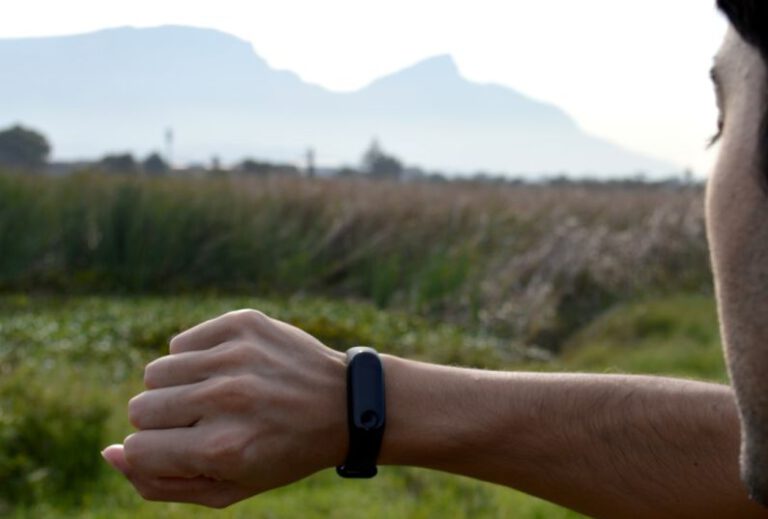The Future of Secure Online Identity Verification
In today’s digital age, the importance of secure online identity verification cannot be overstated. With the increasing digitization of services and transactions, ensuring the identity of individuals in the virtual realm is crucial for preventing fraud, identity theft, and other forms of cybercrime. As technology continues to advance, the future of secure online identity verification holds promise for more robust and reliable methods to protect personal information and secure online interactions.
Enhanced Biometric Authentication
Biometric authentication, which uses unique physical characteristics such as fingerprints, facial recognition, and iris scans, is set to play a significant role in the future of secure online identity verification. Unlike traditional methods like passwords or PINs, biometric data is inherently personal and difficult to replicate, making it a more secure form of authentication. As technology improves, biometric authentication is becoming more accessible and reliable, offering a seamless and user-friendly way to verify one’s identity online.
Multi-Factor Authentication
Multi-factor authentication (MFA) is another key trend in online identity verification that is expected to gain traction in the future. MFA combines two or more different forms of authentication, such as something you know (password), something you have (smartphone), and something you are (biometric data), to provide an extra layer of security. By requiring multiple factors to access an account or service, MFA significantly reduces the risk of unauthorized access and enhances the overall security of online interactions.
Blockchain Technology
Blockchain technology, known for its decentralized and immutable nature, holds great promise for revolutionizing online identity verification. By storing identity information on a distributed ledger that is secure and tamper-proof, blockchain can provide a trusted and transparent way to verify individuals’ identities online. This decentralized approach eliminates the need for a central authority to manage identity data, reducing the risk of data breaches and identity theft. As blockchain technology continues to evolve, we can expect to see more innovative solutions for secure online identity verification leveraging its unique capabilities.
Machine Learning and Artificial Intelligence
Machine learning and artificial intelligence (AI) are poised to transform the landscape of online identity verification by enabling more sophisticated and adaptive authentication methods. AI-powered algorithms can analyze vast amounts of data to detect patterns and anomalies in users’ behavior, helping to identify potential fraud or unauthorized access. By continuously learning and evolving, machine learning algorithms can enhance the accuracy and efficiency of identity verification processes, making them more robust and reliable in safeguarding online identities.
Secure Digital Identity Wallets
Digital identity wallets are emerging as a convenient and secure way for individuals to manage and control their online identities. These wallets store encrypted identity information, such as biometric data and personal credentials, in a secure digital format that can be accessed when needed for online transactions. By putting users in control of their identity data and allowing them to selectively share information with third parties, digital identity wallets offer a privacy-enhancing solution for secure online identity verification.
Enhanced Regulatory Frameworks
In addition to technological advancements, the future of secure online identity verification will be shaped by enhanced regulatory frameworks that govern how personal data is collected, stored, and shared online. With the implementation of regulations such as the General Data Protection Regulation (GDPR) and the California Consumer Privacy Act (CCPA), organizations are required to adhere to strict guidelines for protecting individuals’ personal information and ensuring transparency in how data is used. These regulatory measures play a crucial role in promoting trust and accountability in online identity verification processes, ultimately enhancing the overall security and privacy of online interactions.
Looking Ahead: The Evolution of Secure Online Identity Verification
As technology continues to evolve, the future of secure online identity verification holds great promise for more robust, reliable, and user-friendly methods to safeguard personal information in the digital realm. From biometric authentication and multi-factor authentication to blockchain technology and artificial intelligence, the tools and techniques available for verifying online identities are becoming increasingly sophisticated and effective. By embracing these advancements and implementing secure practices, individuals and organizations can navigate the digital landscape with confidence, knowing that their online identities are protected and secure.






